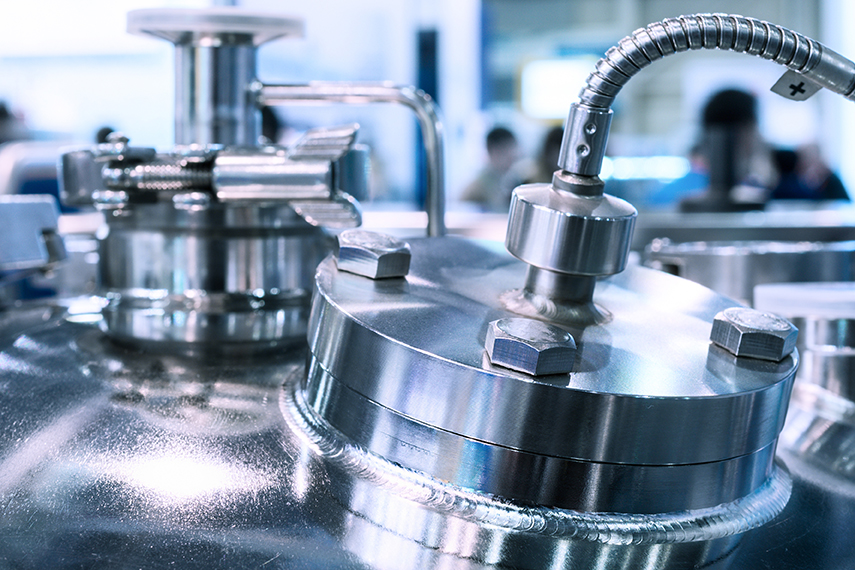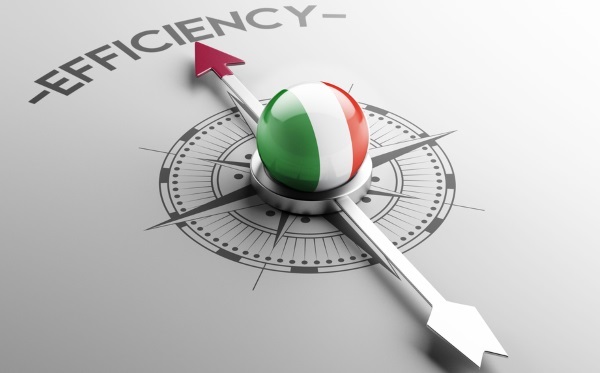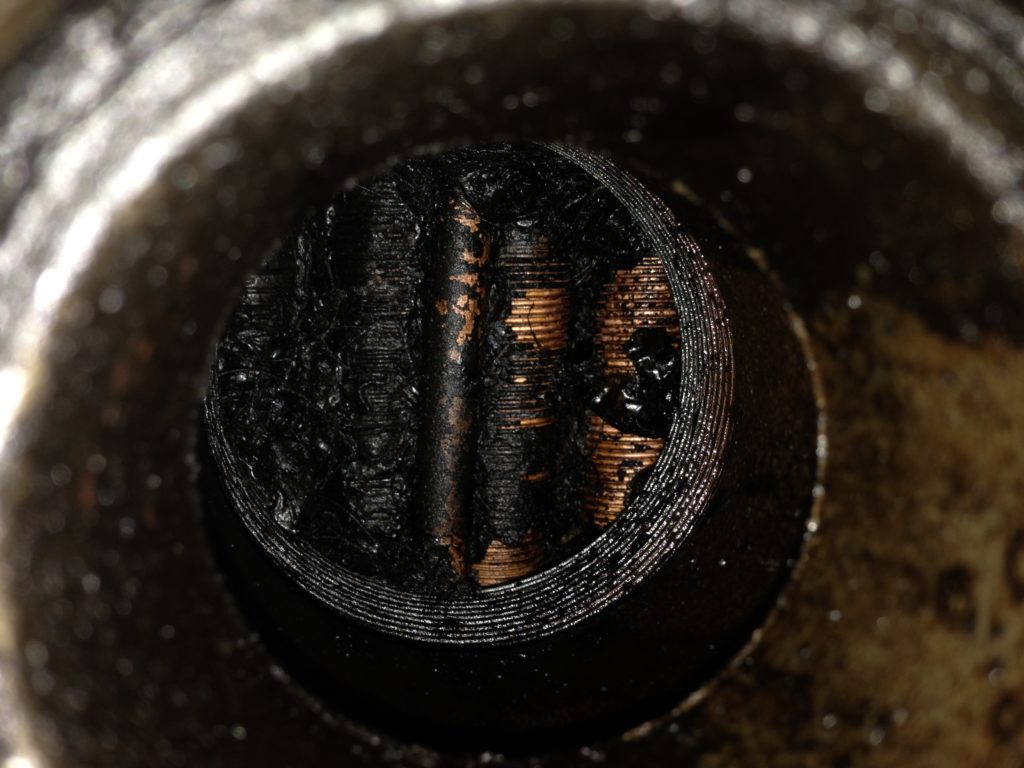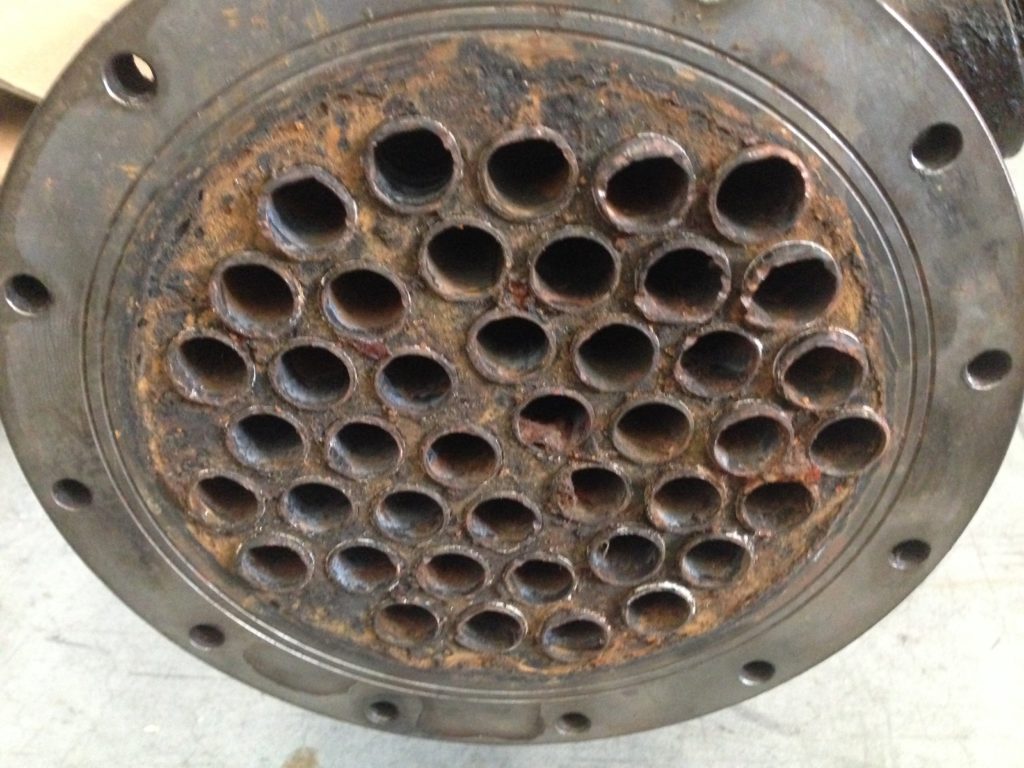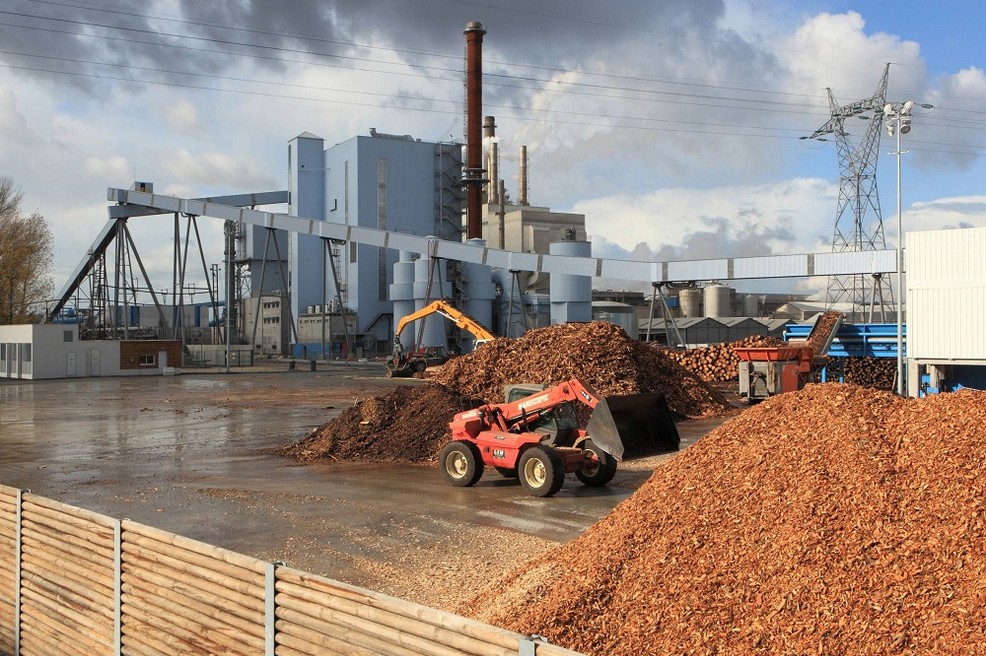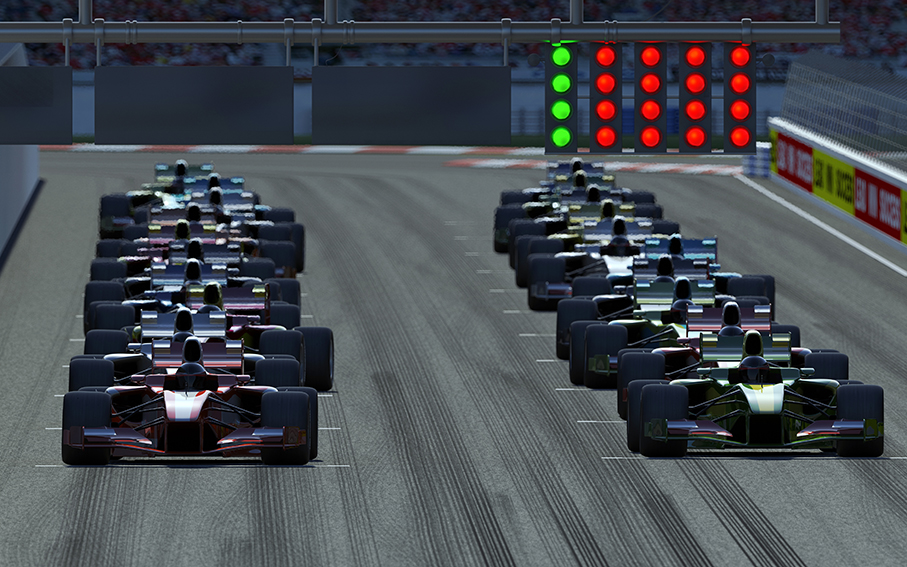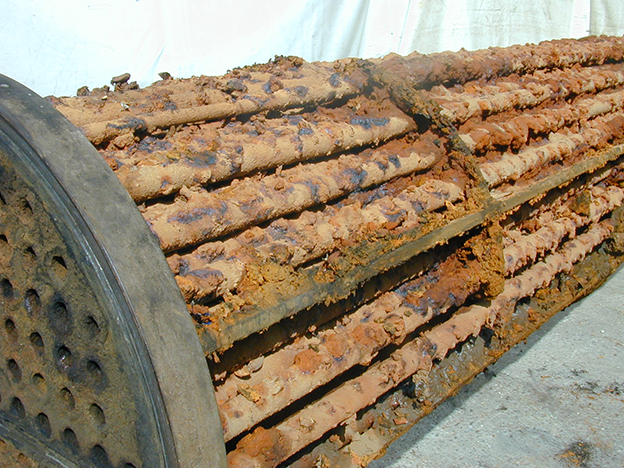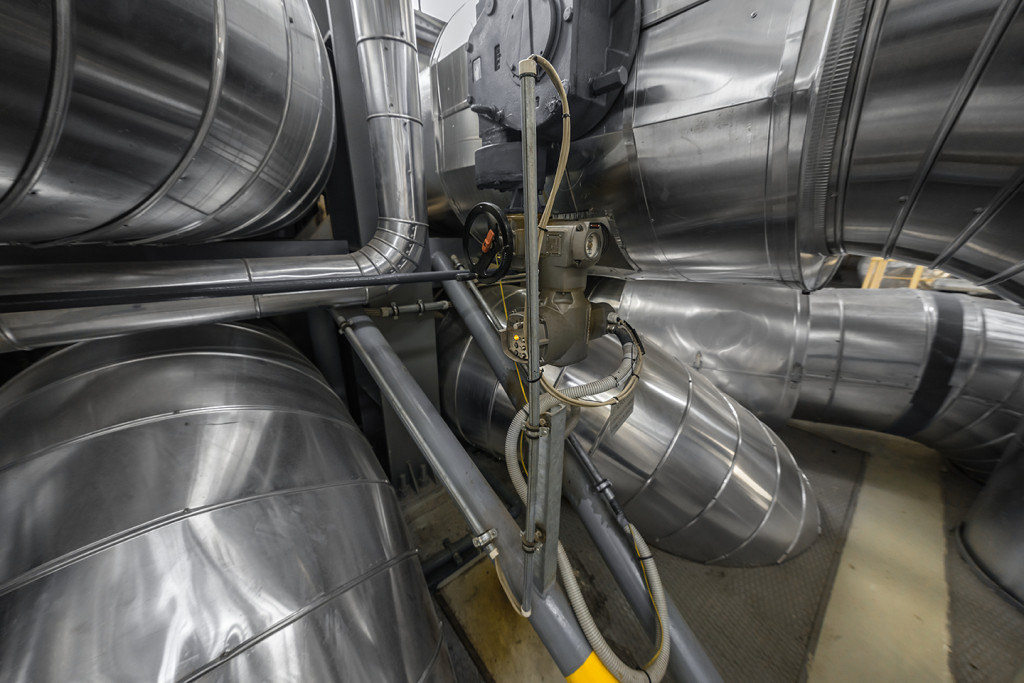“Service” or “Customer Care” can be performed in many different ways, with on-site or remote methodologies, but typically starts from a contact or phone call where the customer reports a difficulty in managing the plant.
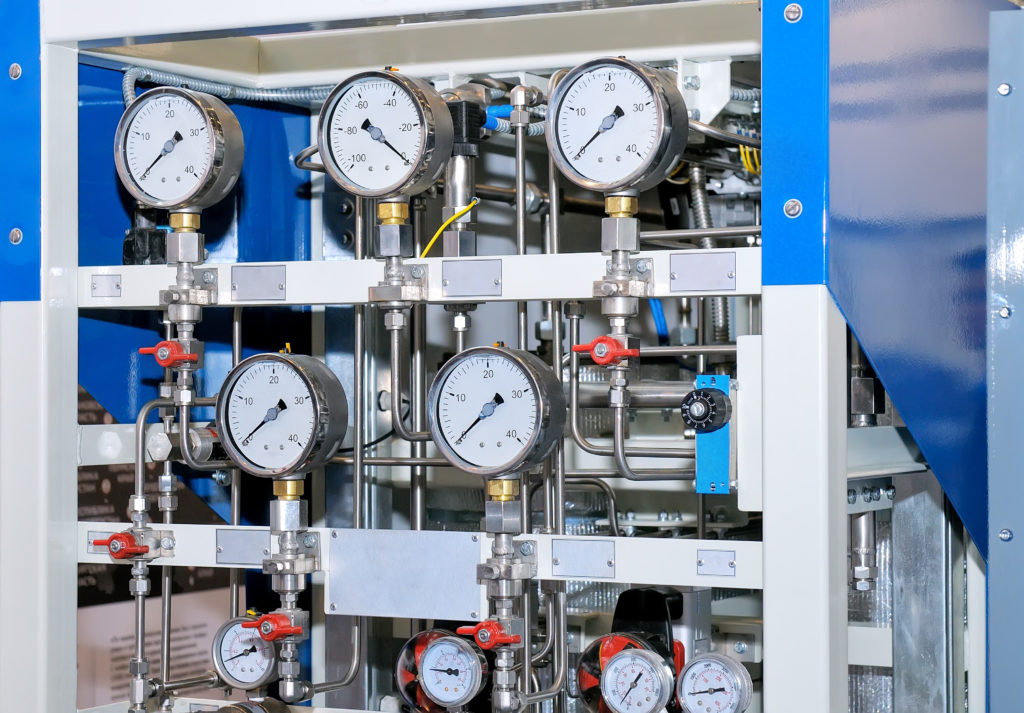
On-site intervention is usually the logical consequence that the customer awaits, with a promptness that provides him with the tranquility and guarantee that his work or production will not be affected. For industrial plants, these anomalies have important implications for the customer / user:
- Production stops
- Loss of product
We therefore consider it important to manage the telephone contact so that we can properly assess whether an on-site intervention is necessary or whether the abnormality can be resolved remotely.
For this reason, we are installing on the thermoregulation systems we are building, a set of indicators that have the purpose of monitoring the control unit, allowing you to detect the inconvenience, even with a telephone description.
Sometimes attending to these remote assistance interventions, I’m impressed with the quantity and quality of the questions that are placed on the operator who is on the implant.
The next analysis of the various responses allows in 90% of cases to understand what the problem is, such as the causes that caused it and ultimately to find the key that allows the solution, perhaps without having to intervene on the spot , But simply giving the right customer tips.
If it is not possible to solve remotely, then the intervention will be targeted, by intervening with the appropriate technical personnel, with the spare parts appropriate to the intervention, minimizing time and costs.


